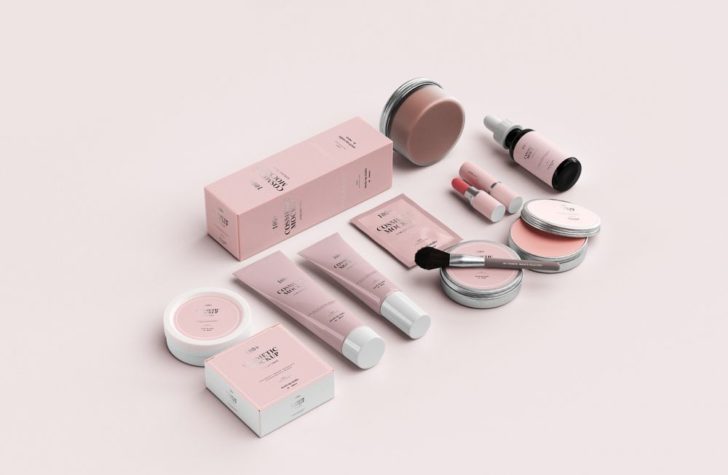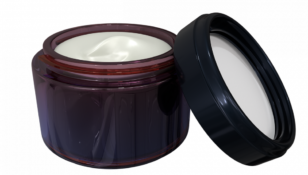Face Serum – The Ultimate Guide to Achieving Flawless Skin

Introduction to Face Serum
Face serum has become an essential skincare product for individuals who strive for flawless and radiant skin. This lightweight, highly concentrated formula is designed to penetrate deep into the skin and provide targeted treatment for a wide range of skincare concerns. From reducing the appearance of fine lines and wrinkles to brightening dull skin, face serums offer transformative results that can elevate your skincare routine to the next level.
When it comes to face serums, there is a multitude of options available on the market. It is important to understand that not all face serums are created equal, and choosing the right one for your specific needs is crucial. These powerful formulations are enriched with potent ingredients such as vitamins, antioxidants, and peptides that work together to address specific skin concerns.
The Evolution of Face Serum Through Time

The use of face serums can be traced back to ancient civilizations, where natural ingredients were mixed to create homemade remedies for skincare. Cleopatra, known for her legendary beauty, was said to have used a concoction of crushed rose petals and essential oils, which can be considered one of the earliest forms of face serums.
As time progressed, advancements in technology and scientific research led to the development of more refined face serums. The first commercial face serum, introduced in the early 20th century, was a breakthrough in the skincare industry. It contained hyaluronic acid, a key ingredient that continues to be widely used in modern face serums for its ability to hydrate and plump the skin.
In recent years, face serums have become increasingly popular due to their ability to deliver potent ingredients directly into the skin. With advancements in cosmetic science, newer formulations now contain innovative ingredients such as retinol, vitamin C, and niacinamide, which have revolutionized the skincare industry.
Benefits of Face Serum
Enhanced Absorption: Face serums are lightweight and have a smaller molecular size, allowing them to penetrate deeper into the skin compared to other skincare products. This enables them to deliver active ingredients directly to the targeted areas, resulting in more effective and visible results.
Targeted Treatment: Each face serum is formulated with specific ingredients that target particular skin concerns. Whether you’re looking to reduce the appearance of wrinkles, brighten dull skin, or minimize acne scars, there is a face serum tailored to your unique needs.
Hydration and Moisture: Many face serums contain hydrating ingredients that help restore and maintain the skin’s moisture barrier. This can result in smoother, plumper, and more supple skin.
Anti-Aging Properties: Face serums enriched with antioxidants, peptides, and vitamin C can help combat the signs of aging by reducing the appearance of fine lines, wrinkles, and age spots. They also aid in promoting collagen production, which leads to firmer and more youthful-looking skin.
Brightening and Radiance: Certain face serums contain ingredients like vitamin C and niacinamide, which help to brighten the complexion and even out skin tone. They also assist in diminishing the appearance of dark spots and hyperpigmentation.
How to Incorporate Face Serum into Your Skincare Routine
Now that you understand the benefits of face serums, it’s important to know how to incorporate them into your skincare routine effectively. Follow these simple steps for optimal results:
1. Cleanse Your Face: Start by thoroughly cleansing your face to remove any dirt, makeup, or impurities. This ensures that the face serum can penetrate your skin effectively.
2. Apply Toners or Essences (Optional): Depending on your skincare routine, you can apply toners or essences after cleansing. These products help balance the pH level of your skin and prepare it for better absorption of subsequent products.
3. Apply Face Serum: Take a small amount of face serum and apply it evenly onto your face using gentle, upward strokes. Pat the serum into your skin until fully absorbed.
4. Follow with Moisturizer: After the face serum has absorbed into your skin, apply a moisturizer to lock in hydration and provide additional nourishment.
5. Sun Protection: It is essential to apply sunscreen during the day, even if you are using a face serum with SPF. This helps protect your skin from harmful UV rays.
By incorporating face serums into your daily skincare routine, you can achieve a healthy, youthful, and glowing complexion.
In conclusion, face serums have become a staple in the skincare industry for their ability to address specific skin concerns and deliver visible results. With a rich history dating back centuries, these skincare powerhouses continue to evolve and provide innovative solutions for achieving flawless skin. By understanding the benefits of face serums and incorporating them into your skincare routine, you can unlock the true potential of your skin and embrace a radiant complexion.

















